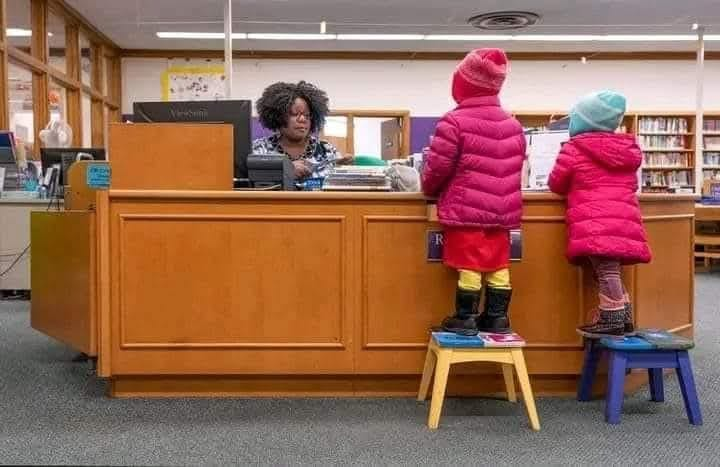Why the Public Library Is One of America’s Most Extraordinary Institutions
Imagine a place that offers more than just books—a sanctuary of hope, learning, and unwavering community support. A place that is open to all, free at the point of access, and steadfast even in the darkest times. That place is the public library, and as historian David McCullough once observed, it may well be among America’s most remarkable institutions.
Free for Everybody
At its core, the public library embodies a simple, powerful belief: access to knowledge should not be limited by dollars or social status. It offers everything—from classics to contemporary works, from digital resources to programs and cultural experiences—without demanding a fee. For thousands of students, job-seekers, families, and lifelong learners, that “free for everybody” status isn’t a minor detail—it’s the difference between opportunity and exclusion.
A Cultural Powerhouse
If you ever feel disheartened about the state of culture or communal care in our nation, consider this: there are still more public libraries than there are McDonald’s locations. That may seem surprising, but it speaks volumes about the values embedded in our society. Even as fast-food giants proliferate, the quiet expansion of libraries underscores a deeper commitment to knowledge, connection, and civic life.

A Refuge in the Toughest Times
During the Great Depression—when so many businesses, banks, even schools, shuttered their doors—not a single public library closed. Every single one remained open, serving readers, learners, job-seekers, and communities in crisis. Those library doors stood as beacons of stability, compassion, and resilience. That image alone should give us pause. What exactly gave libraries the staying power to serve under such strain? What did their continued presence offer to millions of Americans—comfort, hope, structure, or maybe all three?
More Than Books: A Living, Breathing Community Space
Today, public libraries have evolved well beyond their traditional role. Yes, they lend books—but they also lend possibilities. From free internet access, after-school tutoring, and early literacy programs, to job-seeking workshops, cultural events, and quiet study zones—public libraries are truly community centers. They uphold the democratic ideal that learning and growth should be available to all, regardless of background.
Why It Matters—Now More Than Ever
In an era marked by budget constraints, digital divides, and cultural polarization, the public library stands firm as an inclusive, resource-rich pillar. It’s more than nostalgia—it’s a practical and moral necessity. As society grows more complex, the simple idea that “there’s always a library around, offering help” resonates more loudly.
In a Single Sentence…
David McCullough captured it perfectly: “Public libraries are one of the most amazing American institutions. Free for everybody. … there are still more public libraries than McDonald’s. … not one public library closed during the worst of the Depression.”
Let that sink in: no closures, even during the worst financial crisis. That legacy, that unspoken promise to stay and to serve—that’s what makes libraries extraordinary.
Let’s take a moment to appreciate what we often take for granted—and perhaps, reimagine what public institutions could—and should—be.